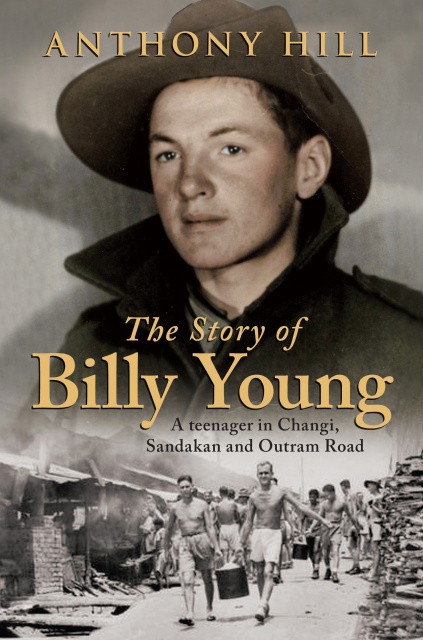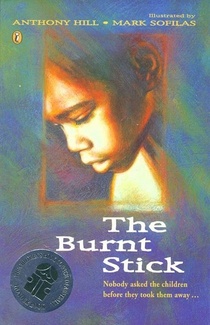Two-part strategy
The technique I adopt of writing a minimum two hundred words a day to maintain my literary output, even when the Muses are hiding, is only one element of a two-part strategy. The other part is this:
I always stop – always – when I know what the next words will be. I never write until I fall into that black hole, dreaded by every author, of not knowing what is to come next.
 To be sure I will write to the end of a section or a train of thought. That's part of the minimum 200 words. But when I come to a natural pause in the narrative, and knowing how it is to continue, I will stop.
To be sure I will write to the end of a section or a train of thought. That's part of the minimum 200 words. But when I come to a natural pause in the narrative, and knowing how it is to continue, I will stop.
I may make a note of those words, or even jot down a quick outline of the next sequence. But the actual process of composition will cease ... and the rest of the day is spent thinking about it. What does the next section mean? How will it build on what has gone before? How will it lay the ground for what is to follow?
Whatever else I'm doing ... researching, editing, gardening, cooking, reading, watching a film, listening to music ... these are the thoughts that are constantly running through the sub-conscious.
Dreaming
Frequently I'll dream them. So that next morning, when I return to the story with a mug of tea in one hand and my little iPad in the other, the ideas and very often the precise words are already there. All I have to do then is to write them out.
The discipline of setting a target of so many words a day and of always stopping before hitting the metaphoric blank wall, is the best literary advice I ever received. I pass it on to any of you who are struggling with those elusive nine Muses of the ancient Greeks.
Fool them by adopting your own techniques. And you'll often find, as I do, that the more you ignore them, the more the fickle creatures demand to insinuate themselves back into your creative mind.
What methods do you have to waken the sleeping Muses? I'd love to hear about them ... and to share them with others.
* * *
Mathematics
Margaret Penfold made a nice comment on the post Two Hundred Words a Day. She did the mathematics, and worked out that it would take me about two years to write a novel of some 100,000 words.
 This, as it transpires, is about right. The Story of Billy Young took about two years of actual composition ... five years if you include the solid months of research, travel, interviewing and production. The present book will be a bit larger – around 120,000 words I reckon - and will thus take a little longer. You really have to be committed to your ideas in this business.
This, as it transpires, is about right. The Story of Billy Young took about two years of actual composition ... five years if you include the solid months of research, travel, interviewing and production. The present book will be a bit larger – around 120,000 words I reckon - and will thus take a little longer. You really have to be committed to your ideas in this business.
It's Margaret's view that most publishers these days would want a book delivered within two years, and she may well be right. But I no longer write to anybody's deadlines.
I have the luxury, in my elder years, of determining when my book is ready – which is why the recent novels have been written without benefit of a publisher's advance or contract. I'll look for those when the composition is done and the Muse has been safely put to bed.
* * *
Competition
Thank you to everybody who entered the competition last week.
 The phrase ‘I've often seen a cat without a grin, but a grin without a cat!' was spoken by Alice, in Alice in Wonderland, when she saw the Cheshire Cat disappearing in the wood near the house where the Duchess lived.
The phrase ‘I've often seen a cat without a grin, but a grin without a cat!' was spoken by Alice, in Alice in Wonderland, when she saw the Cheshire Cat disappearing in the wood near the house where the Duchess lived.
I'm happy to say that the signed copy of The Burnt Stickwas won by the Victorian author Wendy Orr, who submitted the first correct entry after midnight on 2 September. Here’s a link to Wendy’s site.
It was a lovely coincidence, as Wendy's book Ark in the Park was the Children's Book Council of Australia ‘Book of the Year’ for younger readers in 1995, the same year that The Burnt Stickwas a runner-up.
Congratulations Wendy.
I'll post another competition shortly.
Photo Credits:
Line drawings of the Muses from Classical Mythology (19th century book) in author's library.
Covers of The Story of Billy Young and The Burnt Stick, courtesy of Penguin Books Australia.
